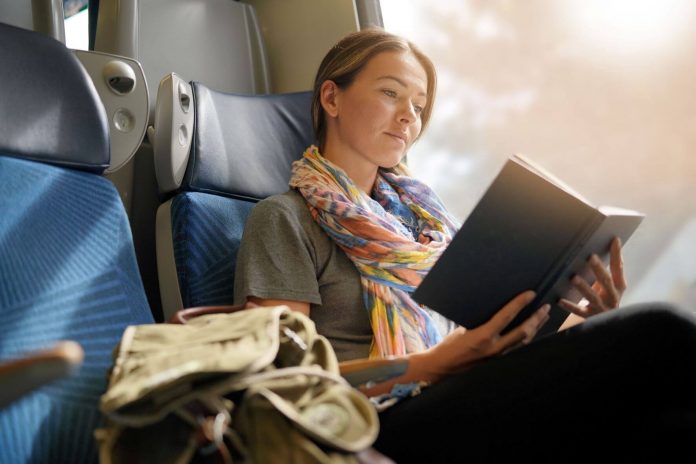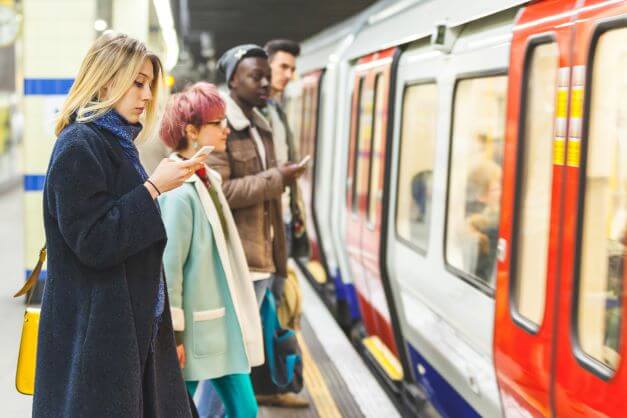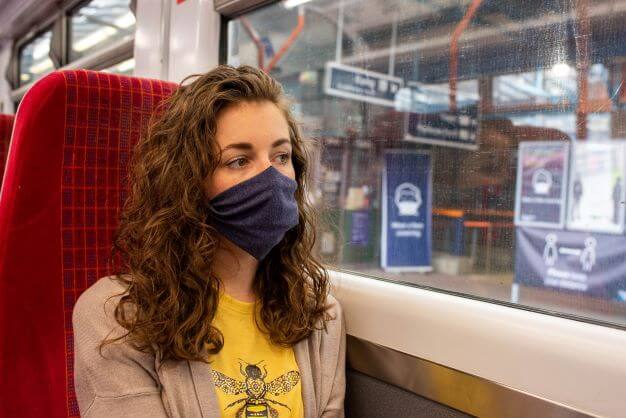
Last Updated on 28th October 2022
The railways offer a clean, convenient and quick means of getting from one place to another. There are plenty of popular routes in the UK, which are safer per passenger mile travelled than most other forms of transport. When you compare them to their main rival, the road car, the advantages are clear.
But by taking a few precautions and embracing a few practices, you can make sure that your travels via rail are as safe as can be. Let’s take a look at what to do.

How to Prepare for a Journey
For best results, you should arrive to the station slightly early. This will mean that you aren’t rushing, even if you should run into a delay. Ideally, you’ll want to sort your tickets out in advance, so that you aren’t surprised by how much it costs. Most major stations today come equipped with automatic machines that will dispense your pre-booked tickets quickly, which makes life that little bit more convenient.
Safety Tips
A train is an enormous block of metal travelling at high speed. Fall onto the tracks, and you run the risk of dying. There’s no great likelihood of this happening to you – but it never hurts to be vigilant against the danger. Be aware of the yellow line at the station, and stand behind it. Don’t do anything on the platform other than stand and wait. Keep small children and pets under control, with small hands held at all times.

While On Board the Train
You can think of the train as being like any other public place. You should listen to announcements made on the PA system, and make sure that you keep a close eye on your belongings. While the train is moving, it’s a good idea to stay in your seat – unless you’re travelling on a crowded train that offers no room to sit. You should find handrails on such trains, which will allow you to avoid falling over. Again, small children should be supervised closely.
In some cases, you might find that you or another passenger requires immediate medical attention. Most train crew members are authorised to perform first aid, and to operate any onboard defibrillators. Similarly, you’ll want to notify crew if you notice a security problem. If you try to intervene directly to settle a security problem, then you’re taking a risk that might not always be worthwhile. Thankfully, these incidents tend to be rare.

































